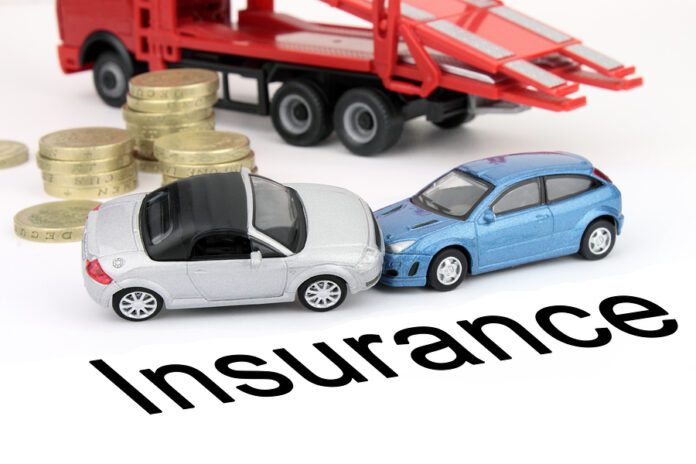Drivers have been told to inform the DVLA if they suffer from a medical condition that could prevent them from getting behind the wheel.
Experts from Quotezone.co.uk have identified ten conditions that could prevent motorists from legally taking to the road or invalidate their insurance – leaving them unprotected in the case of an accident.
The penalties for not declaring a medical condition can include a £1,000 fine and the risk of prosecution if the driver is involved in an accident, yet some motorists may be unsure of what exactly precludes them from driving.
Greg Wilson, founder of car insurance comparison site Quotezone.co.uk says: ” A serious medical diagnosis on top of the fear of losing transportation and independence can be devastating. However, many conditions and medications won’t impair driving, which the DVLA and insurance providers recognise – but they do need to be keep up to date with any changes.
“Taking all precautions to be safe on the road is extremely important and drivers must play their part to ensure their wellbeing and the wellbeing of other road users is protected to the best of their knowledge.
“The DVLA has an extensive list of over 110 conditions that can affect driving, so some motorists may be unaware of all of these conditions or the extent to which they can affect driving ability.
“We found some quite surprising and lesser known conditions, some of which carry an increased risk and therefore insurance premiums can be higher – or more seriously, some ailments can even result in the driver’s licence being revoked. If drivers have been diagnosed with any of these conditions they need to inform both the DVLA and their insurance provider, since having inaccurate details on the insurance policy can void the insurance and leave drivers unprotected.”
Medical conditions that drivers might realise they must declare to the DVLA:
1. Diabetes
Diabetes can lead to further complications including hypoglycaemia, which can result in drowsiness and blurred vision. It may not lead to a driving licence being revoked, but the DVLA do need to be informed, especially if the diabetes diagnosis is extremely serious.
2. Sleep apnoea
Extreme fatigue can lead to drivers losing concentration on the roads. Conditions including sleep apnoea, where breathing stops and starts during sleep, as well as other illnesses affecting fatigue and in turn driving ability, must be reported to the DVLA.
3. Heart conditions
Any heart conditions must be reported to the DVLA. For example, arrythmia must be reported as it can affect the ability to safely stop a car, and can be distracting.
4. Eye conditions
Most eye conditions, such as Glaucoma, must be reported to the DVLA, and it is up to their discretion what procedure to carry out regarding your licence.
5. Stroke
After having a stroke it is possible that you may be able to drive again in the future, but initially you must stop driving for one month after having a stroke. If you have returned back to normal health after a month, you can start driving again, however the DVLA needs to be informed if health problems still persist for longer than a month after the stroke.
6. Seizures and epilepsy
If you have had a seizure whilst awake and lost consciousness, your licence will be taken away. You can reapply if you go six months without a seizure and medical advisors have given their input. If a seizure happened in other instances, such as while you were asleep, you may be able to retain your licence depending on DVLA and government guidelines.
7. Vertigo
Recurrent or sudden dizziness must be reported to the DVLA.
8. Syncope
Syncope is a condition that causes a temporary loss of consciousness. Fainting conditions including syncope, which causes blackouts, must be reported to the DVLA.
9. Certain operations
Operations on certain body parts, including your legs, can exempt you from driving, yet this can be up to the discretion of the doctor, who should inform you on driving procedures after leaving the hospital.
10. Driving on medications
If you are on strong medications, it is likely that you will be recommended to avoid driving. Opioid painkillers, tranquillisers, and certain antidepressants are examples of medicines that can affect driving ability – as well as those that cause drowsiness or say ‘do not operate heavy machinery’.
To find car insurance to suit your medical needs, visit Quotezone.co.uk.
Help keep news FREE for our readers
Supporting your local community newspaper/online news outlet is crucial now more than ever. If you believe in independent journalism, then consider making a valuable contribution by making a one-time or monthly donation. We operate in rural areas where providing unbiased news can be challenging. Read More About Supporting The West Wales Chronicle


























